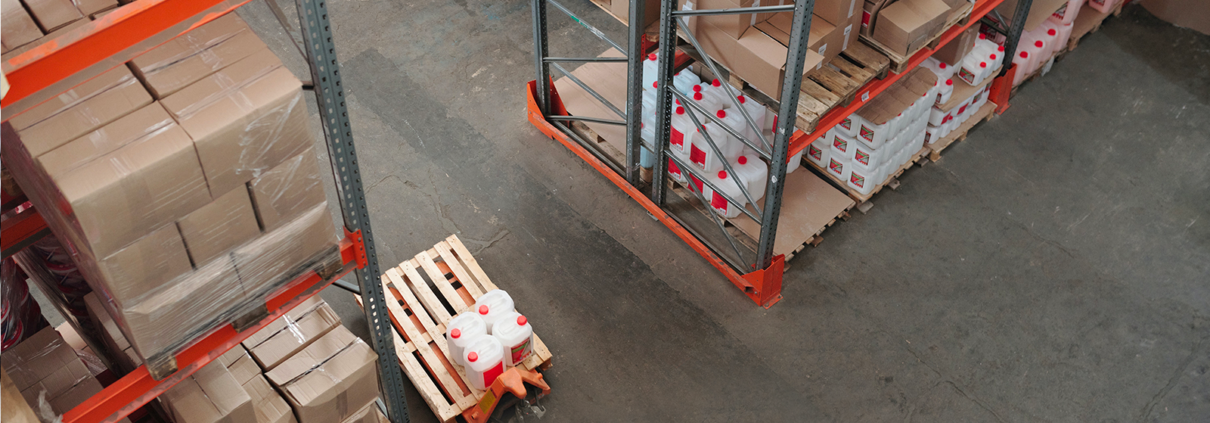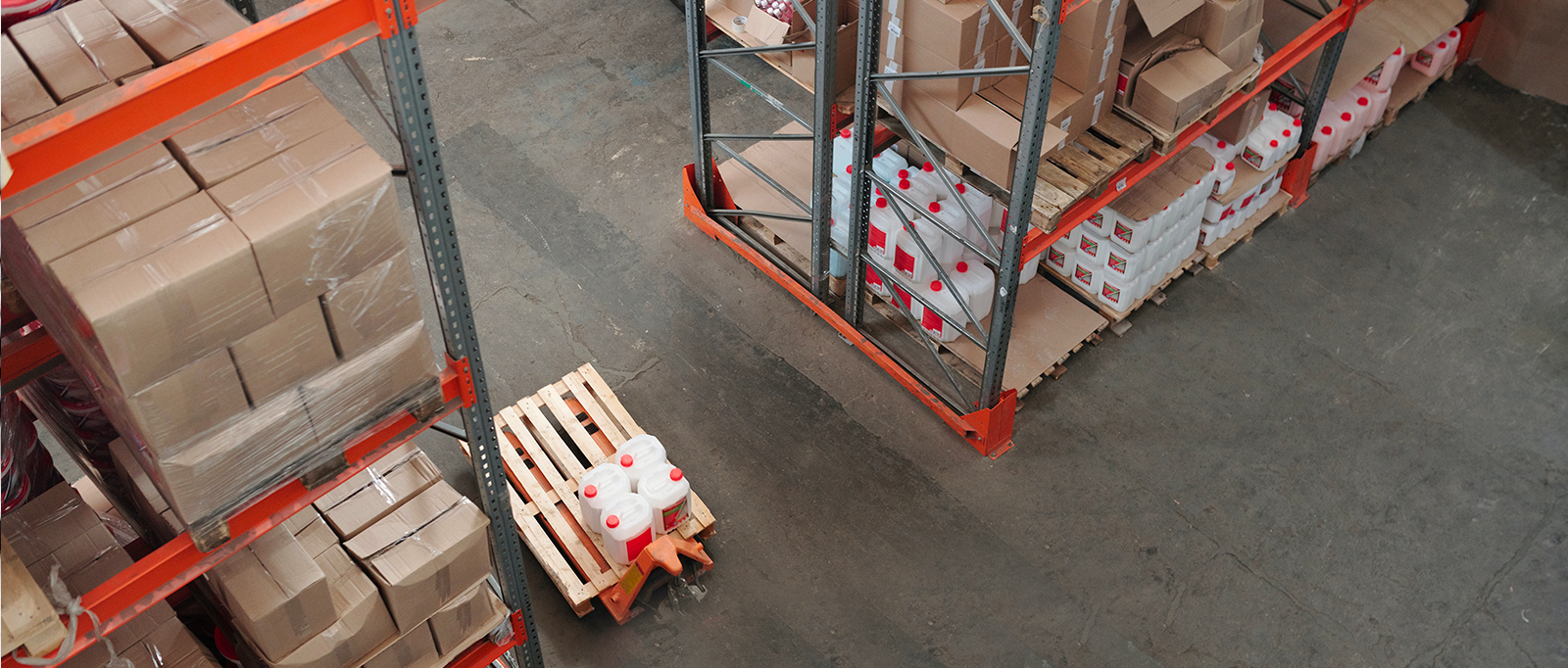
What is stock management?
Inventory management is a key function in the supply chain and corporate logistics. It involves planning, organising and controlling product flows to ensure that stock levels are sufficient to meet customer needs, while minimising the costs associated with holding stock.
This involves monitoring inventory levels, forecasting future demand, placing orders with suppliers, receiving products and storing them properly. Inventory management is essential to avoid overstocking, stock-outs and the costs associated with holding unnecessary stock.
Stock clearance management
Stock clearance management is the process of planning and executing the sale of products in stock at reduced prices. This involves determining which products need to be de-stocked, setting selling prices, planning sales channels and monitoring remaining stock levels.
Managing destocking is important for freeing up storage space, avoiding the costs associated with holding unnecessary inventory, and generating cash for the company. It can also be used to stimulate sales by offering attractive prices to customers.
The impact of destocking on the environment
Destocking can have a positive impact on the environment by avoiding the destruction of unsold stock, which can generate waste and contribute to pollution.
By selling unsold products at reduced prices, companies can also encourage customers to buy existing products rather than produce new items, which can reduce demand for the raw materials and energy needed to manufacture them.
Inventory management can be very complex for companies, and if destocking does not clear all unsold inventory, it may be discarded or destroyed. This practice can have negative consequences for the environment and society, generating waste and contributing to the waste of resources.
The AGEC law and destocking
The AGEC law or anti-waste law for a Circular Economy is a French law adopted in 2020 that aims to reduce waste and encourage thecircular economy in France.
The AGEC Act contains a number of measures, including theban on the destruction of unsold non-food items,these include the introduction of a deposit system for plastic bottles and cans, a reduction in the use of single-use plastics, the promotion of eco-design and product repair, and the fight against programmed obsolescence. The AGEC law aims to promote a more sustainable economy and reduce the environmental impact of production and consumption.
The AGEC law has an impact on stock clearance management, as it prohibits the destruction of unsold non-food items. This means that companies are obliged to find alternative ways of managing their unsold stock, rather than throwing it away or destroying it. Companies can choose to donate or gift their unsold products to local charities or associations, or sell them to wholesalers or retailers at reduced prices. This can encourage companies to adopt more sustainable inventory management practices and reduce their environmental impact.
Our Solution: CircularPlace
Currently, there is no comprehensive reuse platform for businesses, which can make it difficult to manage unsold stock in a sustainable and responsible way.
CircularPlace enables companies to recover and reuse second-hand equipment, with the aim of improving the carbon impact of their activities. Our solution has been specifically designed to meet the constraints and challenges imposed by the AGEC Act.
CircularPlace offers to sell, donate and finally recycle the goods and equipment of companies. We are the first complete reuse platform. Our easy-to-use solution is tailored to the needs of each company.
We take the time to get to know each of the companies on our marketplace in order to offer them the right recycling platform.
Find out more about our solution:
CircularPlace has developed a marketplace allowing the resale of your non-food waste between professionals, and puts you in touch with non-profit organizations to recover your products.
You can also opt for a white-label solution solution, which will enable your company to circularize your equipment internally and engage your employees in ecological issues.
Don’t throw away any more, opt for the second hand!
Questions about CircularPlace?
Want to follow us?
Subscribe to our newsletter!



